 Sometimes we in the manga/anime community can foster unrealistic views of Japan. Of course, manga and anime encourage these views with the likes of fan service, high school stories and more. American media, for that matter, encourages similar unrealistic views of the United States. The other day I stumbled across a Tumblr page that pokes fun at Asian fetishes many western males have. It was another illustration of how lack of realistic views of people can distort our thinking.
Sometimes we in the manga/anime community can foster unrealistic views of Japan. Of course, manga and anime encourage these views with the likes of fan service, high school stories and more. American media, for that matter, encourages similar unrealistic views of the United States. The other day I stumbled across a Tumblr page that pokes fun at Asian fetishes many western males have. It was another illustration of how lack of realistic views of people can distort our thinking.
I try to curb these unrealistic views whenever I write articles for this blog. However, I haven’t yet made it over to Japan so I am an outsider looking in. Outsiders can be more objective about a culture (“A fish is unaware of water”), but at the same time outsiders have the danger of over-emphasizing certain aspects of culture. Panty fetish, crazy game shows, different fashion styles, and otaku culture are favorites. However, the vast majority of people live lives recognizable to all of us. They go to work everyday (although the subway commuter may read manga instead of a magazine) and come home to their families. They enjoy watching television shows to unwind, and they enjoy a good meal. While this goes without saying, it is helpful to keep things in perspective.
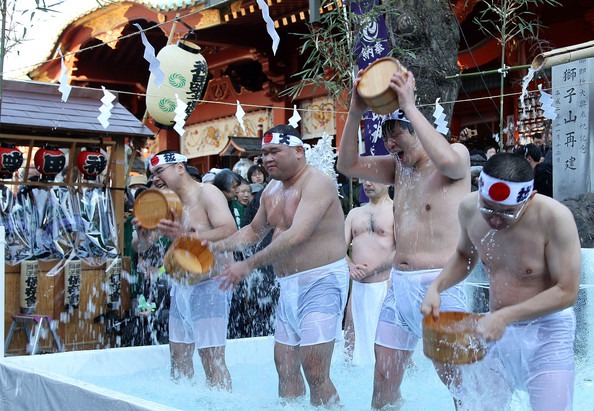

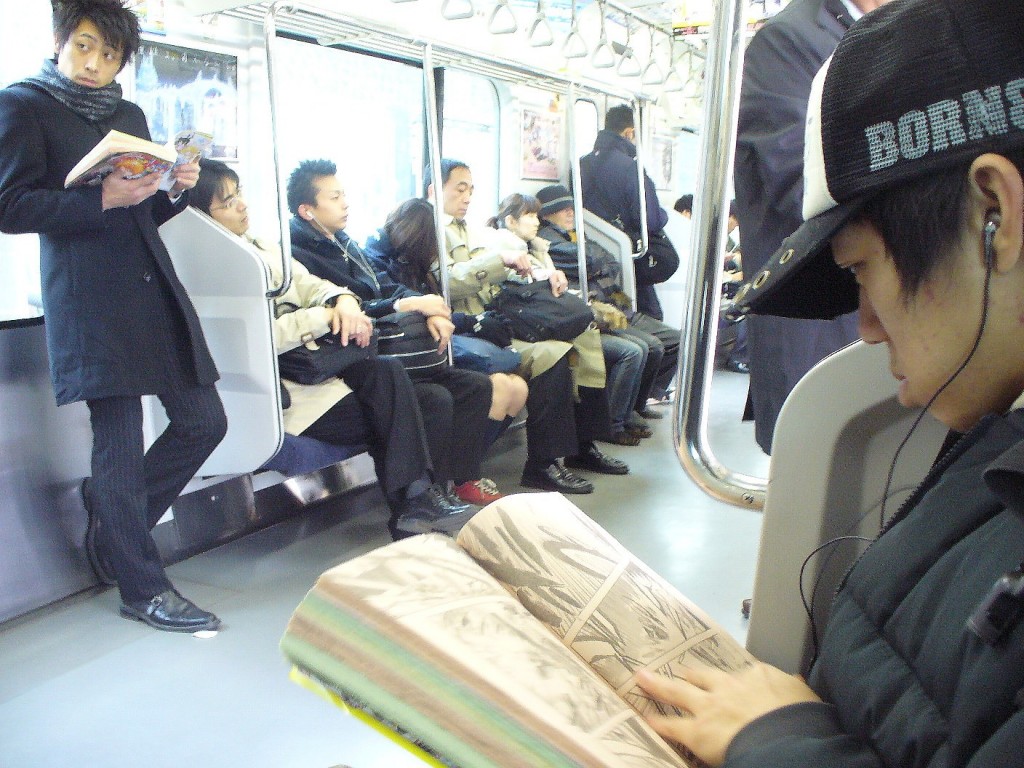 Perhaps I am stating the obvious with this post; it is helpful to keep this in mind even as we enjoy our favorite media. It isn’t healthy to only read manga or watch anime. It is good to branch out and expand views. Likewise, we need to be cautious with how we view Japanese culture (and other cultures for that matter) with a limited literature window. Finally, manga and anime are also a reflection of international views. We don’t live in national bubbles. Established cultures influence each other with ideas. For example, America can be thanked for the stereotyped panty fetish that disturbs us. Manga and anime are an international commodity; as such they reflect international ideas and convergences of cultures. Using only manga and anime to understand Japan is akin to using Hollywood movies to understand American culture. Although both media retain their cultural starting point, they distort and distill the culture they describe.
Perhaps I am stating the obvious with this post; it is helpful to keep this in mind even as we enjoy our favorite media. It isn’t healthy to only read manga or watch anime. It is good to branch out and expand views. Likewise, we need to be cautious with how we view Japanese culture (and other cultures for that matter) with a limited literature window. Finally, manga and anime are also a reflection of international views. We don’t live in national bubbles. Established cultures influence each other with ideas. For example, America can be thanked for the stereotyped panty fetish that disturbs us. Manga and anime are an international commodity; as such they reflect international ideas and convergences of cultures. Using only manga and anime to understand Japan is akin to using Hollywood movies to understand American culture. Although both media retain their cultural starting point, they distort and distill the culture they describe.
Basically, we need to be careful of how we view other cultures and not project our own ideas onto them. Pop culture like manga, anime, and Hollywood movies are just a small, often unrealistic and exaggerated aspect of culture.
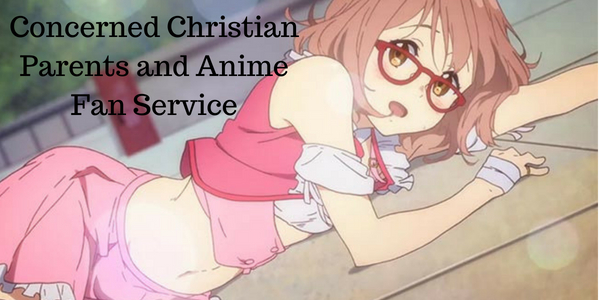
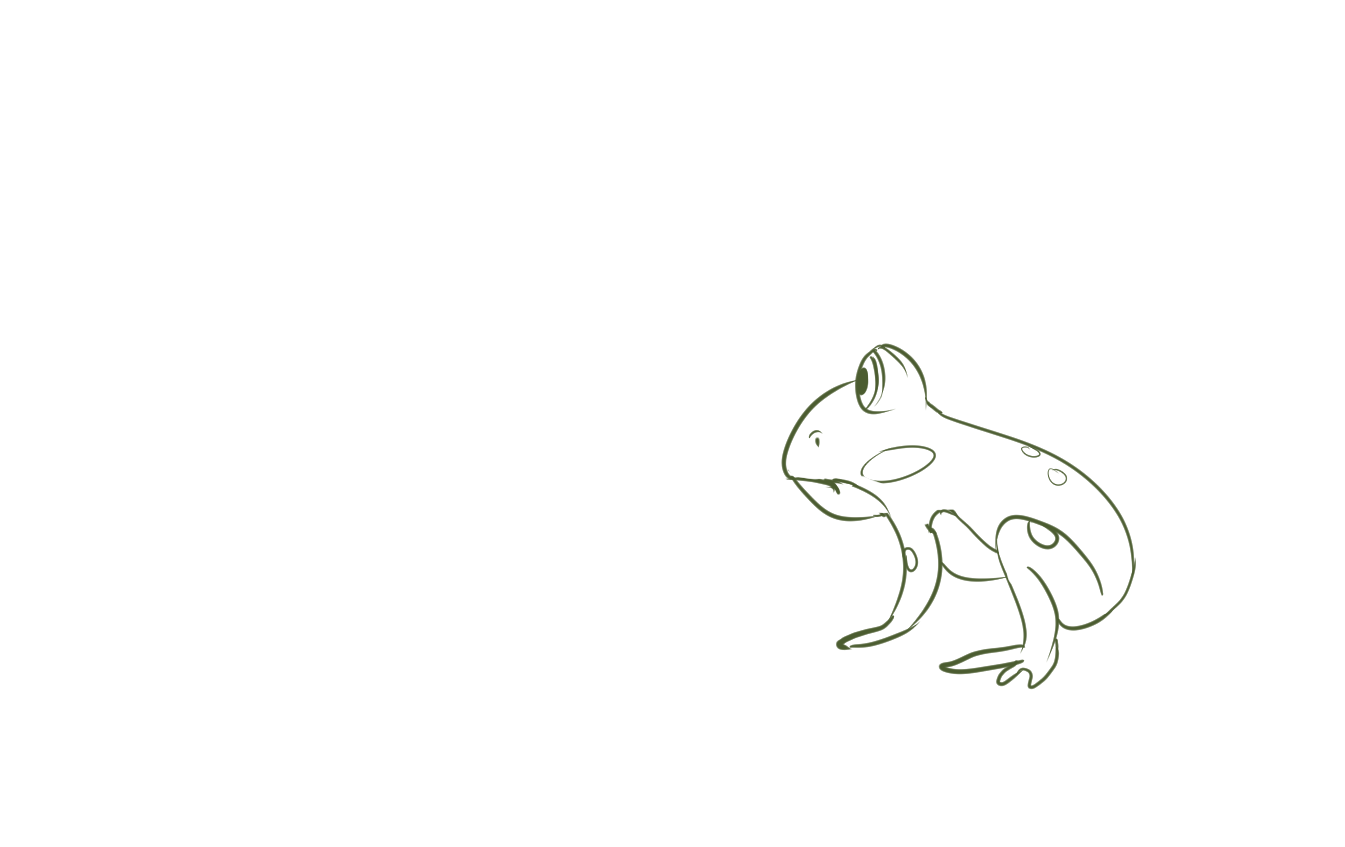
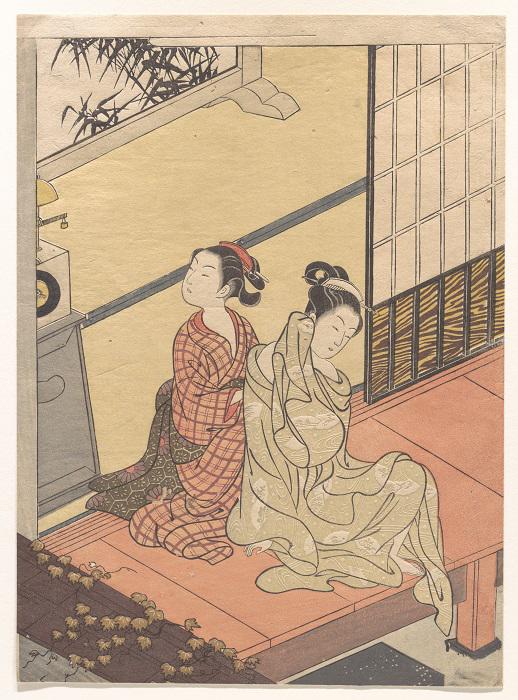

Hey Chris,
Forgive me if it’s a dumb question , but if you’ve had a chance to visit Japan since this article was written, do you cover this essay’s topics again elsewhere, or perhaps, is there a spiritual descendant of this article elsewhere in your library?
I don’t have any direct sequels to this article, but popping unrealistic views about Japan, and other topics, has been a long-running theme. Here are a few more examples:
What if Anime Wasn’t Japanese?
The Start of Christianity in Japan
That Was How Much?! The Surprising Cost of Things in Japan During the 1900s
Income Inequality Lessons from the Edo Period